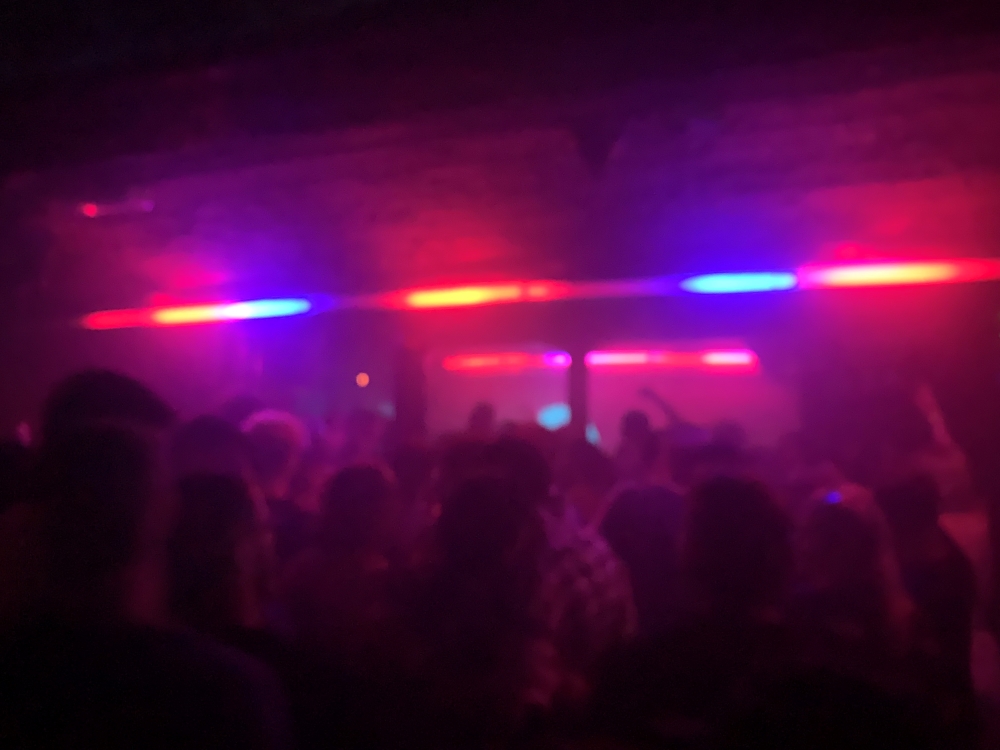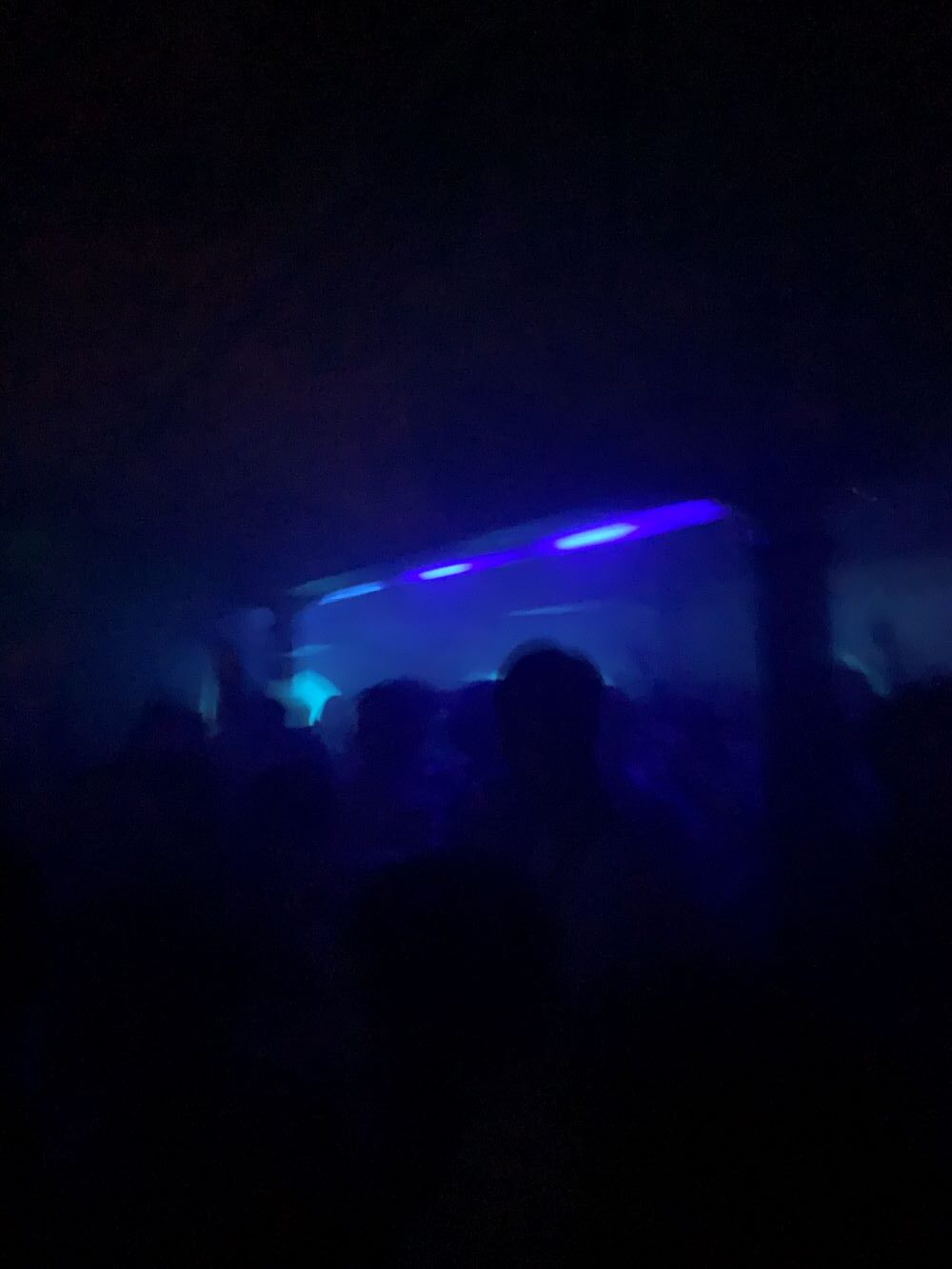
The month in music, March
April 7, 2024
Is electronic music still “political”?
May 12, 2024Much has been written about the closure of clubs - the socio-economic factors explaining their decline, the cultural loss that such closures bring, the shifting tastes and character of new youth cultures that want something different from their moments of hedonism and release. There is of course a political angle here. Part of the reason that clubs are dying whilst other art forms survive is because those who distribute our taxes have decided that certain kinds of art are worth more than others. For decades, (predominantly Conservative) governments have seen little worth in club culture and the scenes associated with dance music, from the Criminal Justice Act to government inertia in the face of the present-day cost of living crisis.
This undoubtedly plays a role in the closure of spaces like Wire, the Leeds institution that last week announced it will be shutting its doors in June. It feels immensely frustrating to me that a club can cite the shifting tastes of young people as a reason for their closure when our government provides large sums of money to other cultural organisations to stave off their decline. If the function of the state is in part to provide a safety net, then it should be there to insulate spaces like Wire from the fluctuating tastes of each generation.

This, I would argue, is particularly the case for electronic music, the short yet explosively creative history of which tells us that it undoubtedly won’t be long before a new sound, new trend, new rhythm is energising and transforming the lives and Saturday night step counts of a new generation.
But part of the problem with such a debate is that it reduces culture to a zero-sum game. Why can’t we have both a state-funded national opera and government-supported spaces in which one can listen to 303s and 808s at 7 in the morning? The simple answer is that we can. So the point here is less to engage in a debate over funding or policy, which many individuals more informed than me have already held forth on. The point I am making is instead an emotional one.
I likely wouldn’t be writing about music if I hadn’t gone to Wire. I likely wouldn’t mix. I likely wouldn’t have the friends I have. Even if I did, we likely wouldn’t excitedly send each other YouTube links multiple times a week. Wire was a genuinely formative space for me and for thousands of others who arrived in Leeds at 18 with an enthusiasm for music. It is the place in which I learned what I liked, learned how to dance, learned how to navigate a night out without throwing up on my shoes or falling asleep on the dancefloor (which took some of us longer than others).

For clubs like Wire to close means the loss of spaces of discovery and curiosity. It is the loss of an entry point into electronic music and club culture for so many people. The loss of a site of community and connection. And that is not just the case for those on the dancefloor. Wire felt accessible: internationally-renowned DJs on a Friday and Saturday and student-run, student-led nights in the week. Leeds is a city with an outsized musical footprint and the ability of DJs and promoters to take their first steps on Wire’s Funktion 1 soundsystem has likely played an important role in that.
If we continue on this current path we risk stumbling into a nightlife and cultural landscape that feels less vibrant, less exciting, with less opportunity for discovery and transformation. If the necessary conditions for clubs to survive involve £20+ tickets and guaranteed sell outs, where is the space for risk taking? Where is the space for new sounds, platforming lesser known DJs, smaller lineups with extended sets? We risk either a homogenous and stale club environment or no environment at all. From where I am sitting, with a head full of Wire memories and the craving for one last lukewarm Redstripe, that doesn’t feel like a good place to end up.


